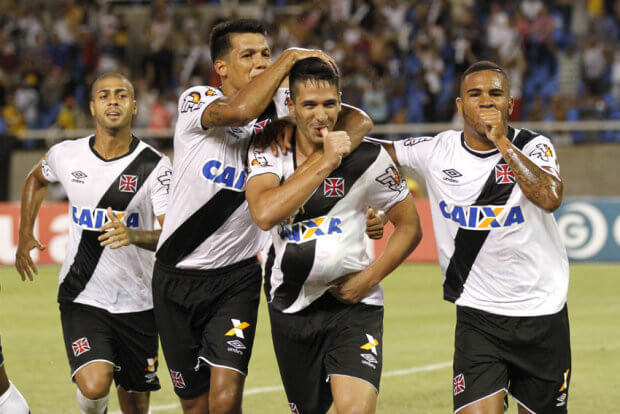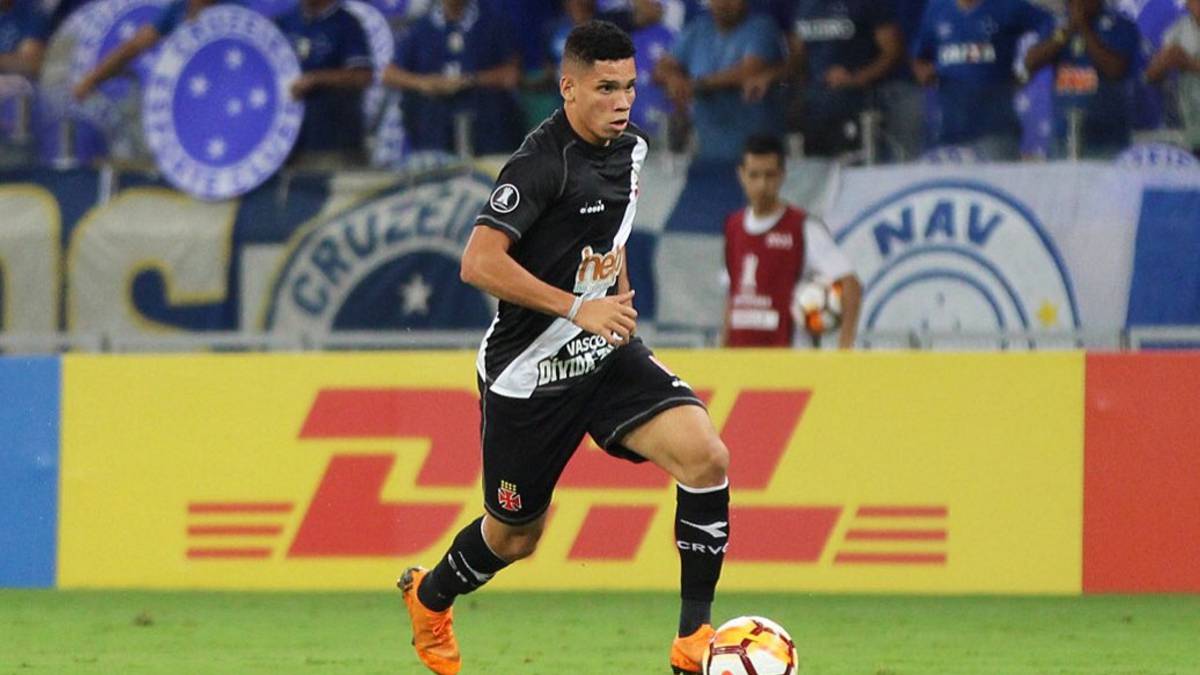

The Brazilians upset River Plate of Argentina in the semifinals in July and beat Barcelona of Ecuador, 2-0 and 2-1, in the two-game finals in August to advance to the InterAmerican Cup and the Intercontinental Cup, Dec. The domestic title meant a berth the following year in the Copa Libertadores, which consists of league champions throughout South America. In that environment, as well as in football, discipline is an important factor." policemen taught me that one has to be fair, though hard. Commenting recently on the link between law enforcement and coaching, Lopes said: "The mere fact of being in charge of a group of. He led Vasco to the 1997 national championship after the club finished in 18th, 20th, 13th and 20th place in the previous four seasons.
#Vasco da gama soccer pro
Vasco's current coach is Antonio Lopes, 57, a former police chief and attorney, who previously guided pro teams elsewhere in South America and national teams in the Middle East. Vasco's greatest era was when it won five state championships between 19 with a squad, led by famous scorer Ademir, named "O Expresso da Vitoria" (Victory Express). The club, officially known as The Boat-Race Club Vasco da Gama, began with rowing and didn't begin playing soccer until 1915, when it sponsored nonwhite players from the Luzitania Football Club who had been refused entry into the state league. Da Gama never made it across the Atlantic, but his name was chosen because in 1898, the year the club was founded, the Portuguese were celebrating the 400th anniversary of the explorer becoming the first European to reach India by the sea. Portuguese immigrants named the club in honor of the 15th century explorer and navigator from their homeland. "For our team, which has been in existence for just three years, it is a great honor and an incredible opportunity to play them." "Vasco is one of the greatest names in soccer," United President Kevin Payne said.

5 at Lockhart Stadium in Fort Lauderdale, Fla.
#Vasco da gama soccer professional
United - a confrontation between the professional champions of North America and South America that has been held irregularly since 1968. Vasco da Gama brings its rich history to RFK Stadium Saturday for the first leg of the InterAmerican Cup against Major League Soccer power D.C. Brazilian soccer, the birthplace of "jogo bonito" (beautiful play) and a future black legend named Pele, would never be the same. The establishment, led by powerful teams such as Flamengo, Fluminese and Botafogo, were stunned into change.

Its nickname was "Clube de todas as razas" (Club of all races), and in its first season together, it won the state crown. Vasco challenged the restrictive rule and, in the 1923 regular season, nearly a quarter-century before Jackie Robinson became the first black in American major league baseball, a team of blacks, poor whites and mulattos put on the club's black-and-white sweater. There was even a divisive literacy clause requiring players to pass a written exam before they could lace their soccer cleats. A policy in Rio de Janeiro, Vasco's home in the congested Sao Cristovao district, wanted to maintain the game for the "gentleman amateur" white elite. Soccer, imported by British railroad workers late in the 19th century, was the sport of the Brazilian elite, played by wealthy whites and well-connected foreign students. Vasco's greatest source of pride came 75 years ago, when it became the first Brazilian team to shatter the race barrier. The proudest moment in the 100-year history of Brazilian soccer club Vasco da Gama has almost nothing to do with its 21 state championships, its three national titles or its historic conquest of South America a few months ago in the prestigious Copa Libertadores tournament - a victory that sent Rio de Janeiro's Portuguese community into all-night celebration.


 0 kommentar(er)
0 kommentar(er)
